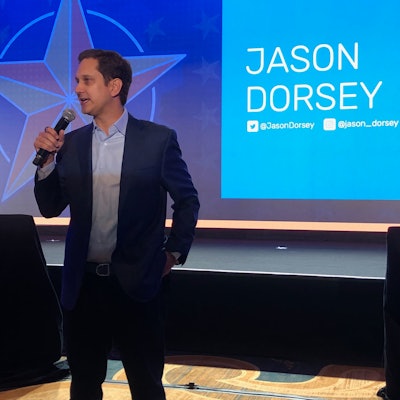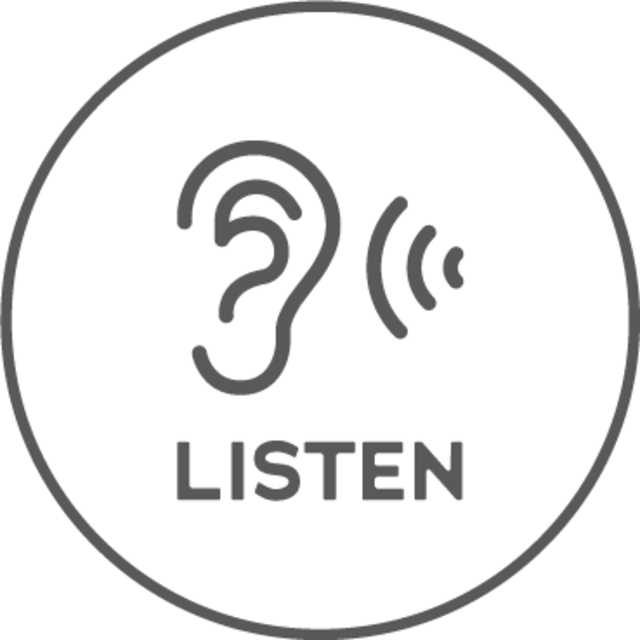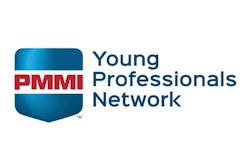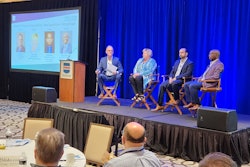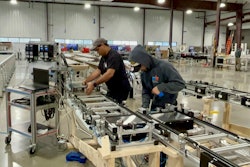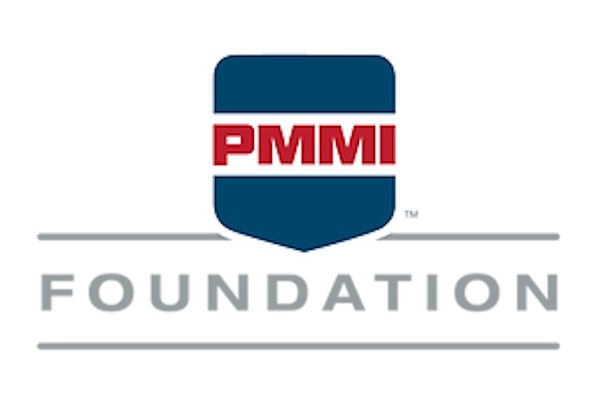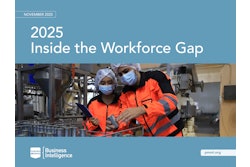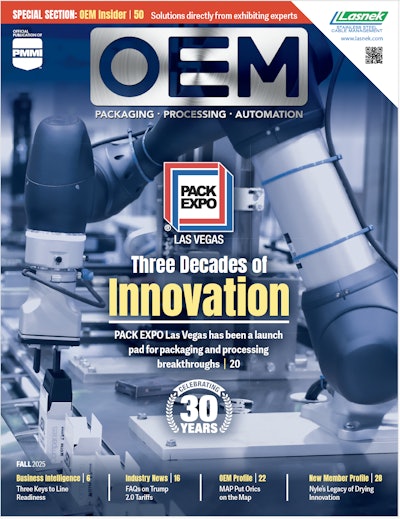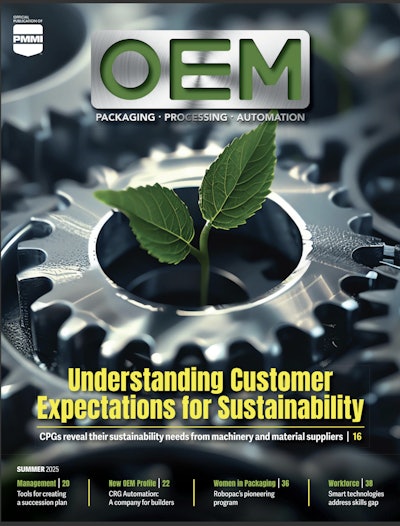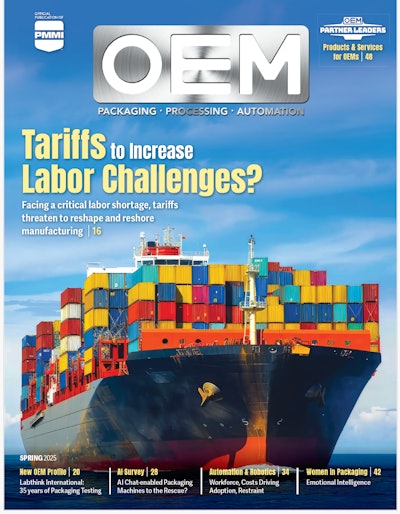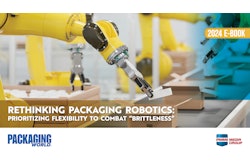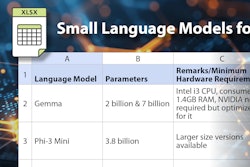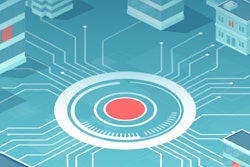We are all aware of the perceived generational differences between the Baby Boomers, Gen X, Millennials, and Gen Z. The typical stereotypes come to mind—such as “Millennials don’t want to work.” Which is, of course, a false statement because, “right now, there are more Millennials in manufacturing than any other generation,” said generational researcher Jason Dorsey who returned as a speaker at PMMI’s Executive Leadership Conference in April.
Dorsey is the co-author of “Zconomy: How Gen Z Will Change the Future of Business—and What to Do About it,” an authoritative guide to help employers recruit, market to, and leverage generational strengths of Gen Z. The insights in the book are based on extensive research of Dorsey’s company, The Center for Generational Kinetics, and provide the context for this critical time in business as Gen Z is already reshaping the world of business.
During his presentation, Dorsey outlined for the audience the trends that shape different generations, the things an employer needs in place to attract job applicants, and the nuances and importance of the emerging generation, Gen Z, which is the fastest growing generation in the workforce today.
Some things to note about this generation, according to Dorsey: It is the most diverse generation the world has ever had. They have the most trust in social media (because it’s all they’ve ever known). They care deeply about social causes. They are “savers” and worry about retirement matching because they don’t think they’ll have social security, and, as a result, they believe they will have to work a really long time. “And how does that change your approach to work? Would you show up early and stay late and work on weekends? No.”
Understanding these factors can help employers understand how to work with Gen Z. So what resonates most with Gen Z? Stability. “They need to know your company is stable,” Dorsey said.
Put all of this together and on paper, Gen Z behaviorally is a “throwback” generation—it resembles the Baby Boomers. And, as a result, manufacturers are seeing higher average tenure from Gen Z than when compared to newly hired Millennials. This is good news! But, first, you have to get them in the door.
A new kind of job applicant
The first thing companies need to understand is that they can’t fill a job if no one applies. Dorsey has pinpointed several things that a manufacturer can do to get a young adult to apply for—and, more importantly—complete, a job application.
Here are things Gen Z will need to know to actually apply for a job:
Salary range. Younger generations want to know what is the starting range as well as the expectations for the high earners on the top of that range.
Scheduling flexibility. Important to young adults is not about time off, but the actual time they can start. If they can start an hour later, they can take a child to school, for example.
Benefits. The number one benefit Gen Z wants is free mental health services. This generation was deeply impacted by the pandemic, and it is the easiest, highest impact benefit to offer.
Text. Emerging generations want to start an application via text. Of course, just because they start it doesn’t mean they’ll complete it. So, two days after they start, send a text message back saying, “Hi, Joe, we saw you started your application. We think you could be a great fit. Click here to finish where you left off.” Most job applications are started while the person is already at another job, so you have to give them an easy way to finish it. In addition, employers need to follow-up with a text after an individual accepts a job. “If you want them to show up, you have to text them three times between the time they are hired and the day they are supposed to show up. If you do that, they feel a sense of connection,” said Dorsey.
Video. Emerging generations are entirely visual learners. In order to reduce stress, increase safety, and hold people accountable, provide a video with the top five things they need to know, and give specific examples.
Daily wages. Dorsey’s research shows that 61% of Gen Z would like their employer to offer the option of daily payment of their wages. The earned wage access trend is not going away, and employers that don’t offer this option will likely be at a disadvantage.
Remote work. Gen Z has demonstrated that remote work does not mean disconnected work, as 65% of Gen Z who worked remotely in the last year felt more connected to their co-workers and even more productive.
Once a Gen Z employee is onboard and ready to work, make sure you cater to their sense of compassion. “They care that you have a mission more than money,” Dorsey explained. Make sure you are telling the story of how your company is making a positive impact on the world—be it volunteering, protecting the environment through sustainability programs, or supporting diversity, equity, and inclusion activities.
Lastly, Dorsey’s research shows that what motivates Gen Z to continue working at a job after they’ve tried it for the first week includes, having a flexible schedule, liking their boss, and feeling like they can bring their authentic self to work.
And what motivates Gen Z to do their best work is a feeling that they are respected and that their work is appreciated. They feel like they are doing something wrong if the boss is not talking to them, so make an effort to reach out consistently with positive feedback.
“Gen Z is going to change the world, and we are so excited,” said Dorsey.
